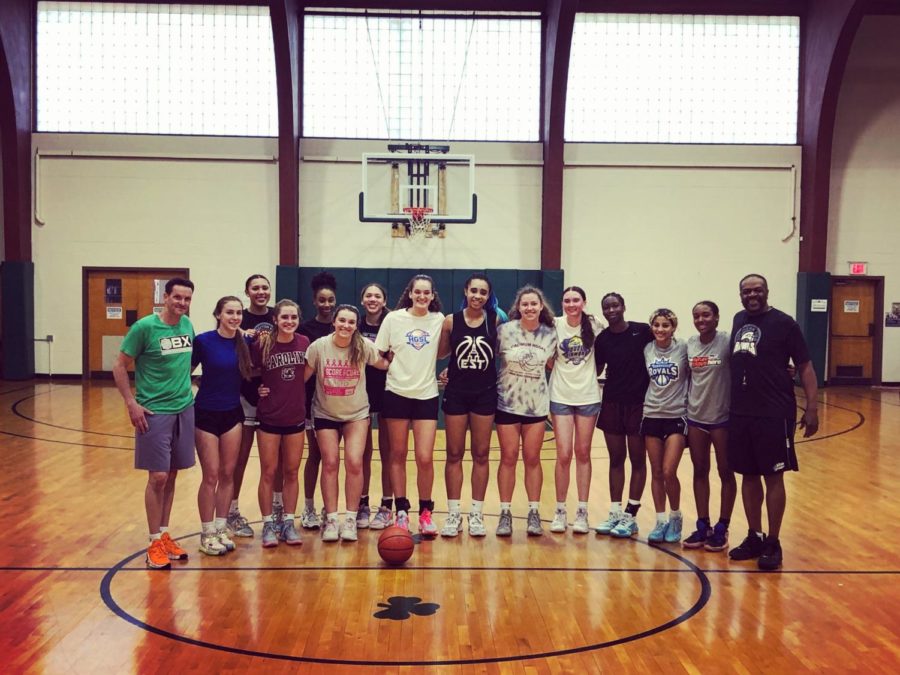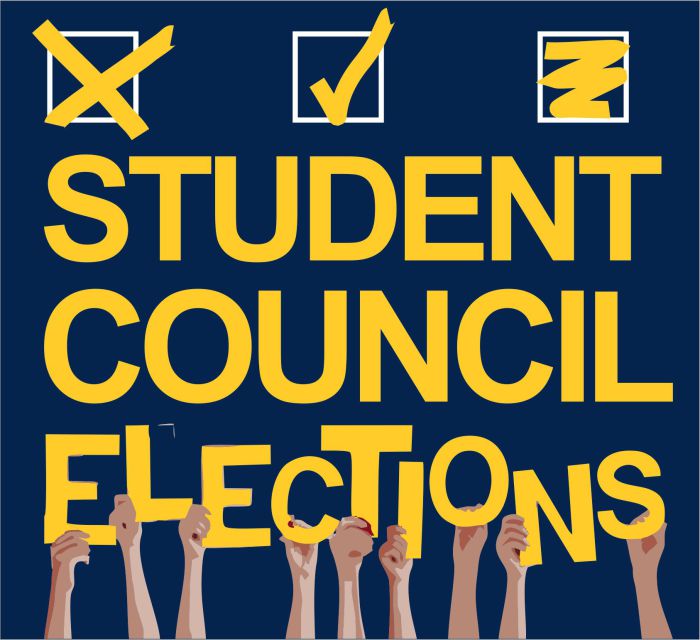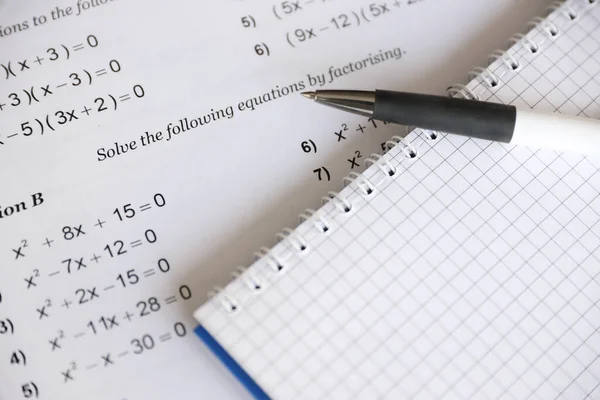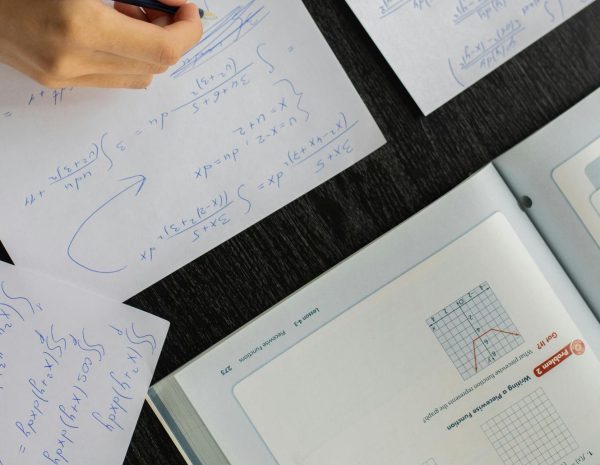Surviving Finals Week
June 2, 2023
At last, the year is drawing to a close. After months of nightly homework, writing papers, cramming, AP exams, and more, we can practically see students crawling toward the finish line of the school year. However, they must overcome one last obstacle in their journey before reaching the safe haven of summer: finals week. The majority of finals and Regents exams here at SCC will take place from June 12- June 22. Finals are always a stressful time for students as they work to earn their best scores for their report cards and transcripts. However, we at the Voice of the Saints have some studying and test-taking tips from Seton’s teachers to help you remain calm and perform well on your exams!
It’s June 9th and you just got home from the “last” day of school. The time to study for finals has come, the only question remaining is “How?” You have a year’s worth of material to work with, but what should you prioritize? To begin, it’s likely that you’ve already begun studying during class time in the last few weeks. “Focus on what review the teacher does,” Mr. McDonough advised, “If they are making the test then it’s quite possible that the review will be telling you what’s on the test.” Even if you are studying for a state-standardized test like the Regents, your teacher will have the most knowledge of what to expect on the test.
To maximize studying time, it is key to identify your strengths and weaknesses in a subject. This way, you can spend more time learning the concepts you don’t understand, rather than going over what you already have nailed down. Take a look at a review of the material you need to know: What details are you missing? What don’t you understand? One teacher offered, “Build your confidence and once you reach that difficult part, put in the effort to take one more step and go a little further. (Try a few easier practice problems then try one challenging one.) Then walk back, take a break, and congratulate yourself on your accomplishments. Once you return to it again, you might find going further that much easier.”

Maximizing your study time doesn’t mean hitting the books for five hours straight every night. Your brain needs the proper atmosphere, breaks, and fuel to absorb all the concepts and information you’ll need to recall for your test. Plan study breaks, perhaps to take a walk or have a snack, between reasonable amounts of study time. Having a comfortable and focused workspace will also enhance the quality of your studying: “You can’t control the testing atmosphere, but make the studying atmosphere comfortable and enticing to fit your personality,” one teacher explained.
When doing this, it’s also important to limit any distractions that will disrupt your study time. Mr. Jones offers an approach to this: “Put your phone away for two hours to study every night no matter what.” As much as we don’t want to admit it, scrolling through social media or watching a YouTube video provides a great opportunity to procrastinate on anything productive. Being able to set a time away from the phone gives our brain the chance to not worry about the next notification that will pop up on our screen, and focus on the task at hand.

A healthy mind and body will go a long way when taking a test: “Get ample sleep. If you are overtired you will not focus well and it doesn’t help if you study all night,” Mr. McDonough explained. To ensure a good night’s sleep, Mr. Jones advises going to bed at a consistent time leading up to the test. If you were up till two in the morning last night, chances are when you go to bed at ten tonight you’ll be doing a lot more tossing and turning than sleeping. Providing your brain with the nutrients and hydration it needs will keep you energized and boost your cognitive activity. Eating a good meal including protein, fruits or vegetables, complex carbohydrates, and drinking an ample amount of water puts you in the best shape to take a test.
When it comes to testing day, our nerves often get the better of us. No matter how much you’ve studied, you can’t help but feel that you don’t know anything (even though you do). This is what test anxiety does to us, and it may often impact how a student performs on an exam. However, there are ways to manage test anxiety to keep it from hindering your academic abilities. Have confidence in your knowledge and preparation. Nerves cloud up our minds, making us forget what we know. Take a moment to breathe deeply and clear your head. Think about the work you’ve put into studying, and know that you have done your best to score well.
Mr. McDonough offered the piece of advice that we believe is the most important to share with you: “Relax. It’s just a test.”
Striving to do our best on exams is important. However, whatever grades you may end up with when report cards come in the mail do not define you. There is so much more to a person than their scores on an exam. In the long run, the grades you receive will be nothing but a moment in your life. Can you really picture yourself in ten years being bummed out about the score you got on a tenth-grade final? These exams are nothing to be worried about. They are just tests.
We wish everybody the best of luck on your finals! Hang in there, summer’s almost here!


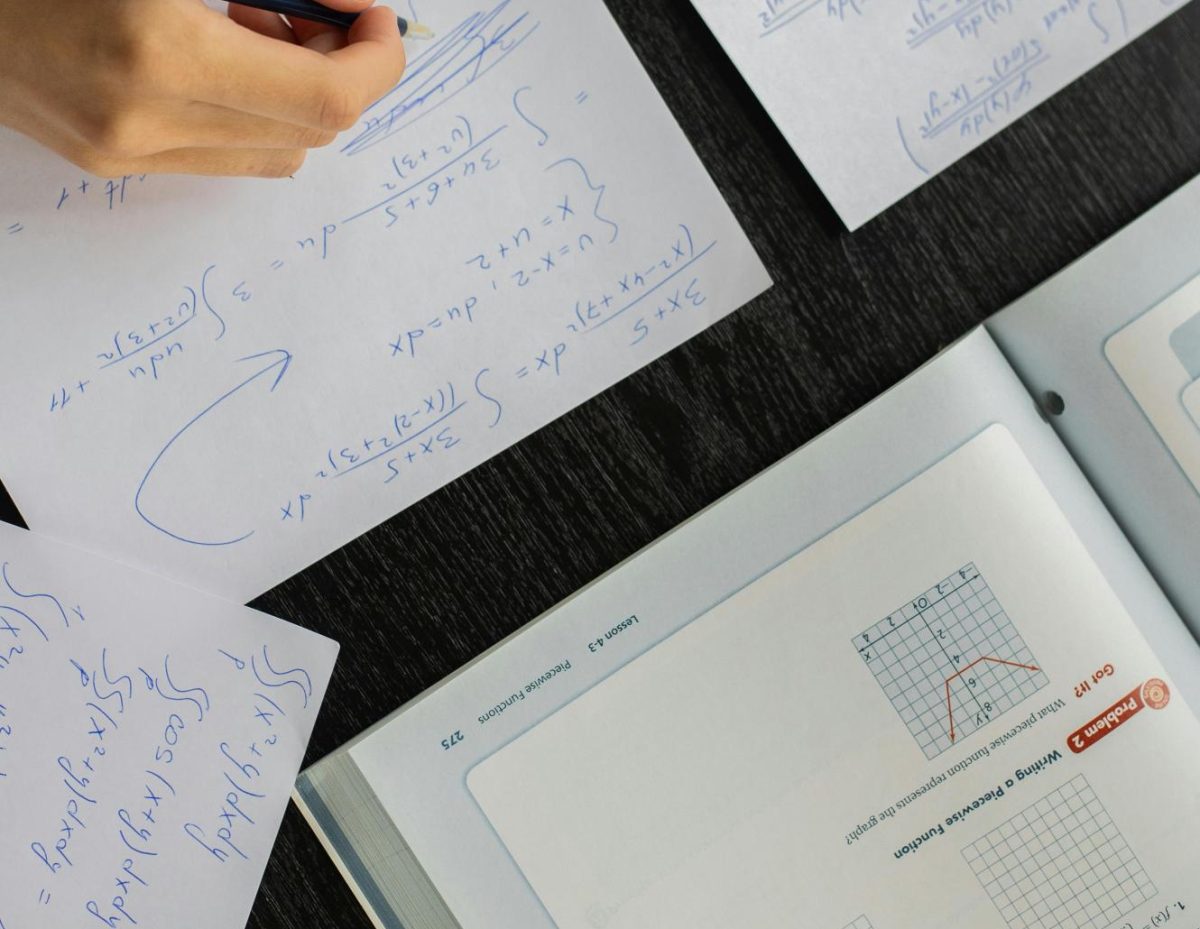
![College of Community and Public Affairs graduates cheering during the CCPA Commencement Ceremony. [Via Daily Photos at binghamton.edu]](https://sccvoice.org/wp-content/uploads/2023/05/Screenshot-2023-05-16-10.50.55-PM.png)






